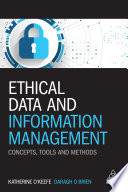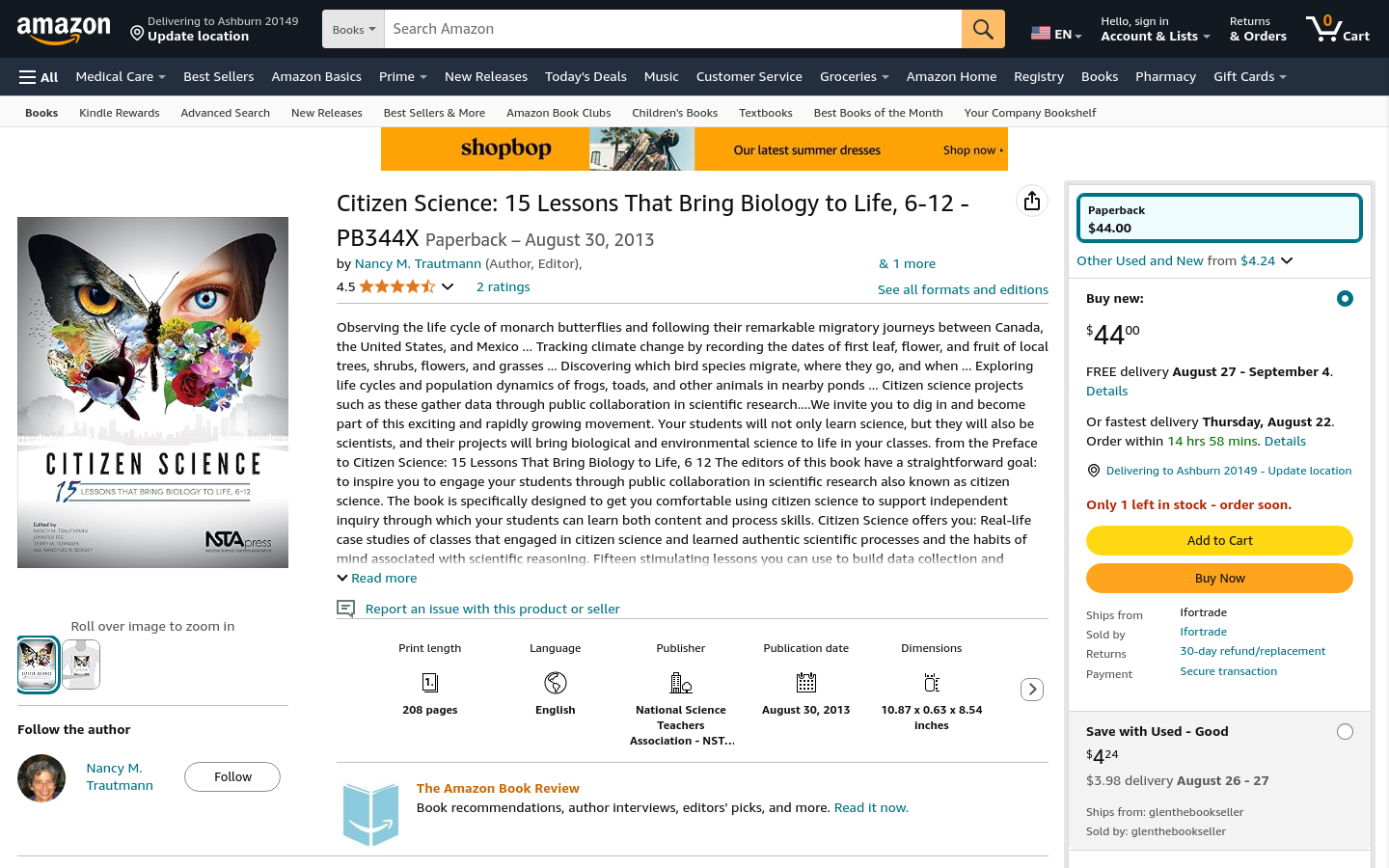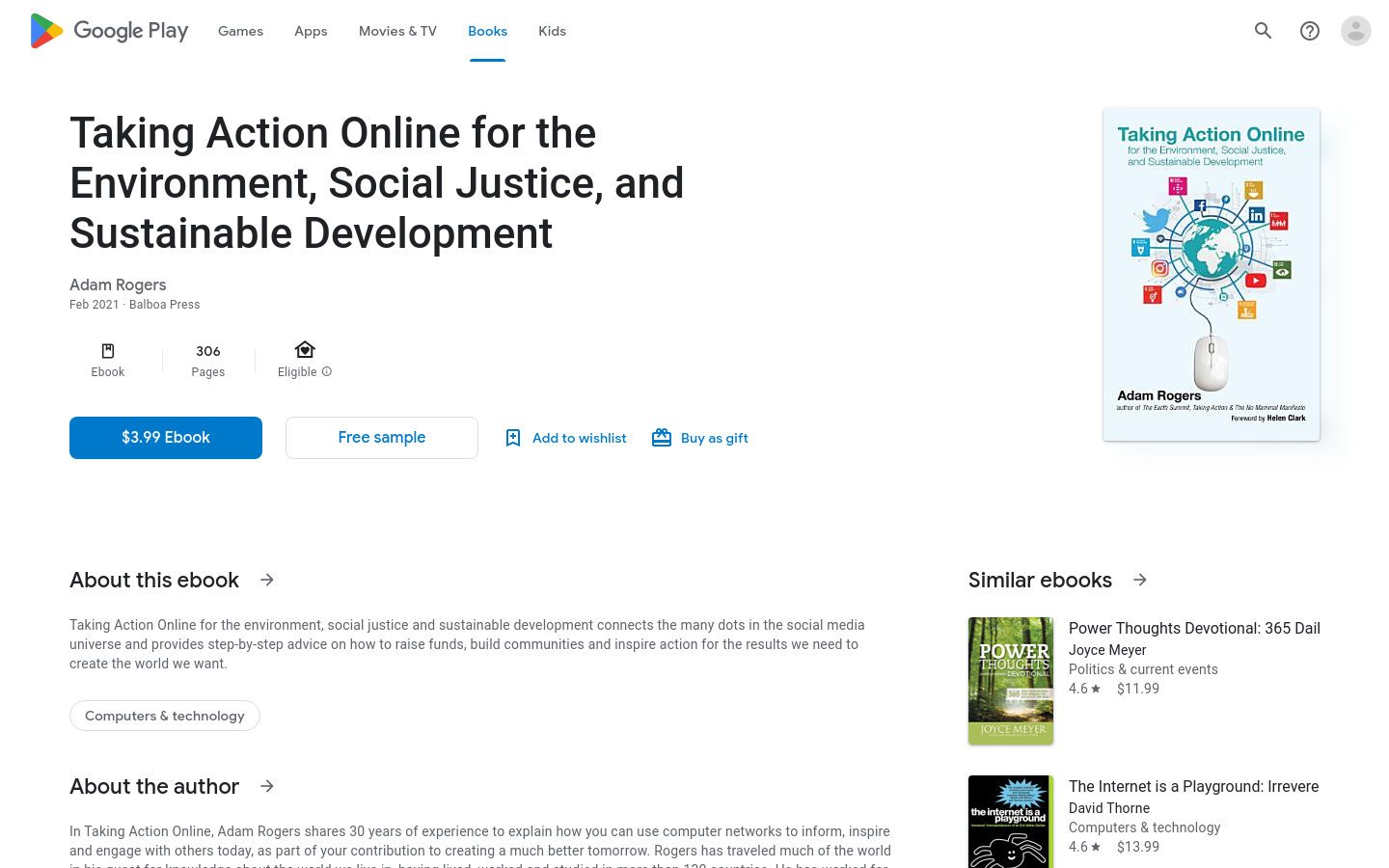Civic Tech Field Guide
Sharing knowledge and productively growing the fieldSearch 12196 projects
Showing 12196 Results

The production and consumption of news in the digital era is blurring the boundaries between professionals, citizens and activists. Actors producing information are multiplying, but still media companies hold central position. Journalism research faces important challenges to capture, examine, and understand the current news environment. The SAGE Handbook of Digital Journalism starts from the pressing need for a thorough and bold debate to redefine the assumptions of research in the changing field of journalism. The 38 chapters, written by a team of global experts, are organised into four key areas: Section A: Changing Contexts Section B: News Practices in the Digital Era Section C: Conceptualizations of Journalism Section D: Research Strategies By addressing both institutional and non-institutional news production and providing ample attention to the question ‘who is a journalist?’ and the changing practices of news audiences in the digital era, this Handbook shapes the field and defines the roadmap for the research challenges that scholars will face in the coming decades.

The book features contributions that report original research in the theoretical, technological, and social aspects of geoinformation methods, as applied to supporting citizen science.

Information and how we manage, process and govern it is becoming increasingly important as organizations ride the wave of the big data revolution. Ethical Data and Information Management offers a practical guide for people in organizations who are tasked with implementing information management projects. It sets out, in a clear and structured way, the fundamentals of ethics, and provides practical and pragmatic methods for organizations to embed ethical principles and practices into their management and governance of information. Written by global experts in the field, Ethical Data and Information Management is an important book addressing a topic high on the information management agenda. Key coverage includes how to build ethical checks and balances into data governance decision making; using quality management methods to assess and evaluate the ethical nature of processing during design; change methods to communicate ethical values; how to avoid common problems that affect ethical action; and how to make the business case for ethical behaviours.

This book critically examines ‘smart city’ discourse in terms of governance initiatives, citizen participation and policies which place emphasis on the ‘citizen’ as an active recipient and co-producer of technological solutions to ...

newDemocracy Foundation
New South Wales, AustralianewDemocracy is an independent, non-partisan research and development organisation. We aim to discover, develop, demonstrate, and promote complementary alternatives which will restore trust in public decision making.

This book provides a concise and usable overview of the practical implications of important public sector United States federal, state, and municipal laws and standards related to information governance, as they pertain to librarians, research staff, universities, corporate regulatory managers, and public-sector information governance professionals. It is the first in a series of two volumes addressing public sector information governance compliance matters from the perspective of our target audience. Topics addressed in the book include: the evolving role of librarians and the need for librarians and legal researchers to understand the principles of information governance, the importance of broad-based regulatory IG principles such as the Federal Records Act, the Paperwork Reduction Act of 1980 and 36 CFR Chapter XII, Subchapter B – Records Management, that have been promulgated by various federal government agencies in framing public-sector IG principles, a survey of interpretive surveys from the Office of Management and Budget (OMB) that further elucidate the core IG principles applicable to public sector stakeholders, case studies detailing the application of important IG principles by federal agencies and bodies, and a survey of important IG issues facing state and local governments.

This book explores how digital media use affects political attitudes and behavior, and how this relationship is shaped by political environments across countries

Democracy requires a connection to the 'will of the people'. What does that mean in a world of 'fake news', relentless advocacy, dialogue mostly among the like-minded, and massive spending to manipulate public opinion?

This book is an invaluable resource for readers in the established fields and professions of design, architecture, urban design, and city planning as well as the emerging fields of urban technology and urban interaction design.

Global in scope, books in the series are characterised by a stress on comparative analysis and strong methodological rigour

Bringing together ten leading researchers in the field of deliberative democracy, this important book examines the features of a Deliberative Mini-Public (DMP) and considers how DMPs link into democratic systems

Moreover, disclosures concerning algorithmic systems often take place when their shortcomings (potential harms) are inadvertently exposed, often through the work of public interest groups

Subjecting this claim to critical scrutiny, in this book, Andrés Luque-Ayala and Simon Marvin examine the cultural, historical, and contemporary contexts in which urban computational logics have emerged.

Social innovations are products, services and models that meet social needs and generate new social connections or collaborations.

Social networking is one of the most common online activities, and integral to the lives of people around the world

This book's purpose is to warn people of the dangers of too much social media usage, also exposing dangers that exist with social media

The editors of this book have a straightforward goal: to inspire you to engage your students through public collaboration in scientific research--also known as citizen science.

This White Paper sets out clearly how the UK will continue to unlock and seize the benefits of data sharing in the future in a responsible way.

Anyone interested in using data for social good should read this book." —Stefaan Verhulst, Co-Founder of The Govlab, New York University and Editor-in-Chief of Data & Policy “The non-profit needs to build data capability so it continues ...

The Deliberative Democracy Handbook is a terrific resource for democratic practitioners and theorists alike

This thesis frames the ongoing collection of location data as an ongoing population survey. The ethics of data collection are beyond the scope of this work.

This book looks at open data practices historically and from the perspective of those currently involved in advocating for making government data freely available

This book looks at what makes a city smart by describing, challenging, and offering democratic alternatives to the view that the answer begins and ends with technology.

Democracy in the Digital Age is a fascinating philosophical exploration of how the emerging information and communication technologies are impacting political participation in the United States

This is what happens with most technologies: They begin in the hands of the few, and they end up in the hands of the many

This book is a collection of reflections by thought leaders at first-mover organizations in the exploding field of "Data Science for Social Good", meant as the application of knowledge from computer science, complex systems and ...

"Bob Hanke's "Smarter Toronto" is an important study of a key event in the recent history of urban planning, technological innovataion and urban journalism."

Who Counts? is the story of the lawsuits, congressional hearings, and bureaucratic intrigues surrounding the 1990 census

This book is written to make it easier and faster for someone to get up to speed on Government Open Data (here on in referred to as 'open data')

Social design is design for society and with society. As social innovation and on the basis of dialogue and participation, social design strives for a new networking of the individual, civil society, government, and the economy.

This clear-eyed guide steps back from hyperbolic hopes and fears to offer a balanced account of what aspects of politics are being shaped by digital media and what remains unchanged

Digital Democracy: Political Participation and Citizen Engagement Through the Internet
United Kingdom of Great Britain and Northern Ireland (the)This Library Note provides an overview of developments around citizens’ political engagement and participation through the internet.

Taking Action Online for the environment, social justice and sustainable development connects the many dots in the social media universe and provides step-by-step advice on how to raise funds, build communities and inspire action for the results we need to create the world we want

Exploring the relationship between technology and cities, this book brings together an outstanding group of authors in the field to provide a critical and necessary examination of the disruption that is under way.

This book addresses contemporary issues on civic and citizenship education, challenging not just schools but society as a whole. It highlights emerging social influences on civic engagement and democracy in the third decade of the 21st century and analyzes the interaction between these influences and their impact on society. It demonstrates that changes are so complex and the challenges so new that an entirely revised agenda is needed for civic and citizenship education. The book takes society and the changes occurring within it as the starting point and assesses the implications of these changes for schools.

This volumes examines two major developments in contemporary democratic politics-- the change in party-society linkage and political personalization--and their relation to each other

Using case studies from around the world, this book analyzes the recent wave of social movement and protests.

Explains how the creation and development of the Internet has changed American politics, discussing how the Internet can be used to research political issues, tap into important resources, reach legislators and the media, and organize ...

Drawing on the theoretical debates, practical applications, and sectoral approaches in the field, this ground-breaking Handbook unpacks the political and regulatory developments in AI and big data governance. Covering the political implications of big data and AI on international relations, as well as emerging initiatives for legal regulation, it provides an accessible overview of ongoing data science discourses in politics, law and governance. This title contains one or more Open Access chapters.








